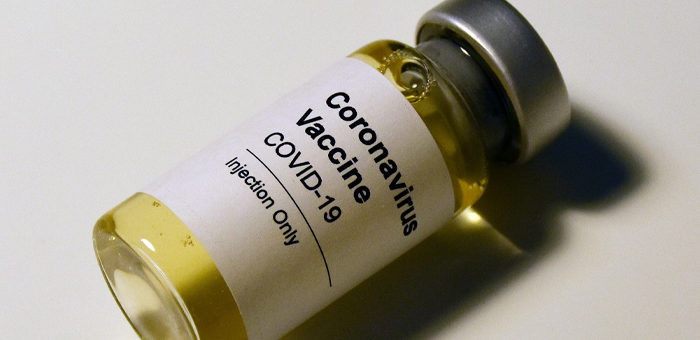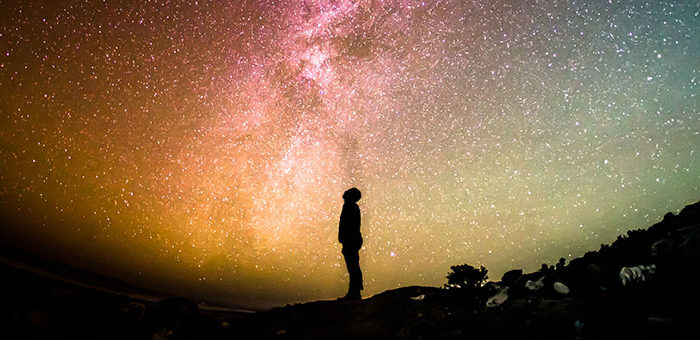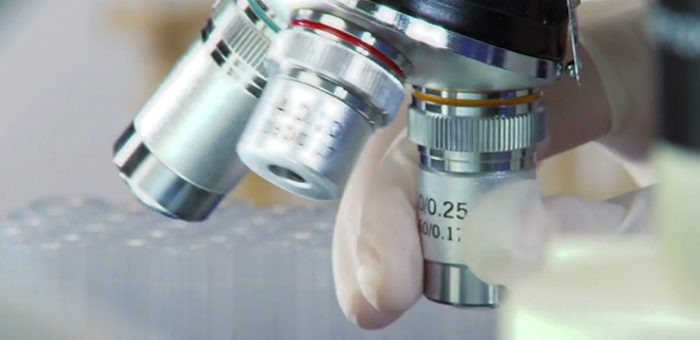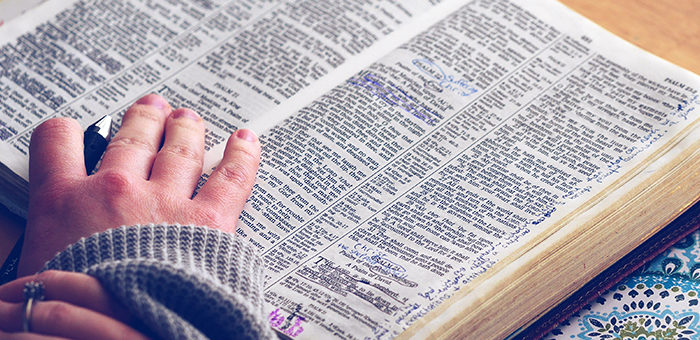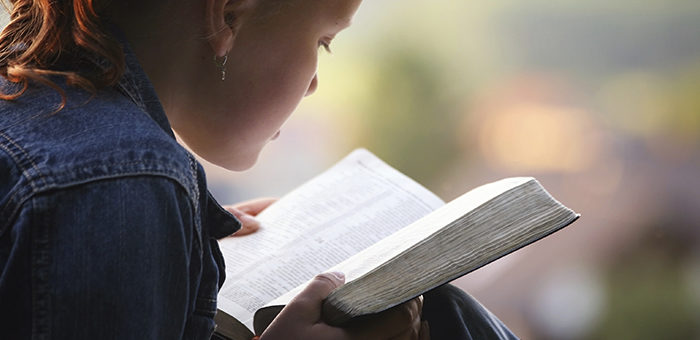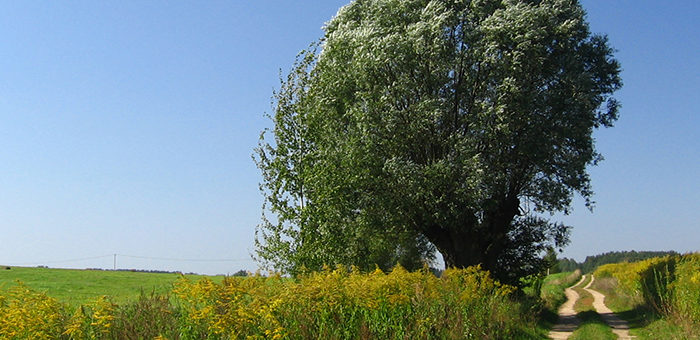Elaine Howard Ecklund is a professor of sociology at Rice University, where she founded The Religion and Public Life Program and holds the Herbert S. Autrey Chair in Social Sciences. One of her main research interests is the intersection of science and religion. She is the author of six books, including “Religion Vs. Science: What Religious People Really Think,” “Why Science and Faith Need Each Other: Eight Shared Values That Move Us Beyond Fear” and the forthcoming “Varieties of Atheism in Science.”
Based on your research, how do people of faith view science and scientists? And how do scientists view people of faith?
In “Why Science and Faith Need Each Other,” I talk about the fears different groups have of each other. In some ways people of faith fear scientists and scientists often fear people of faith. Fear can masquerade as anger, leading to conflict. When we see conflict between religious belief and science, we should examine whether there might be underlying fear and try to understand it. Is there fear that accepting certain scientific ideas will decrease the strength of their faith or lead them away from faith altogether? Fear about certain scientific findings and technologies that raise ethical and theological questions? If Christians are responding to science based on such fear, we should consider how to assuage it or replace the emotion with more productive habits or practices.
Do evangelicals find that science is compatible with their faith, or do they feel they have to choose between science and faith?
There is not a neat answer to this question. In the churches I have visited, I have met Christians who keep their children out of certain science classes, afraid that scientific education will lead them to doubt, and ultimately reject, their faith. Christians from minority communities — in particular Black and Hispanic Christians — and Christian women worry about being part of science and technology fields where not only their race, ethnicity or gender is underrepresented but also their faith. I have met Christians who are afraid of how scientists will influence religion and its place in society. I have also met many Christians who want to have more productive conversations about the relationship between science and religion. They hope to find ways to better engage with science and the technologies that, at times, seem to be taking over
our society.
How have evangelicals approached scientific information about the coronavirus, public health measures and vaccines?
In general evangelical Christians place a great deal of trust in science, but they often have concerns about scientists as a people group. And they can include rejecting certain pieces of science as part of a broader group identity of what it means to be an evangelical. When it comes to scientists, some fear that scientists are not trustworthy or are inherently against religion and religious people. This may be especially true for Black and brown Christians who are in communities where there may be difficult experiences with the medical community. But as we have seen from a recent Pew Research Study report it’s actually white evangelical Christians who have the most suspicion of the coronavirus vaccine. Christians, I think, have a responsibility to promote justice in science and to foster the scientific and medical careers of those who are in Black and brown communities.
Anxiety levels around the coronavirus and variant strands are high. How might science and faith — working together — address the fears many people have?
There are some wonderful Christian leaders — like Francis Collins, head of the National Institutes of Health, and Georgia Dunston, founding director of the National Human Genome Center at Howard University — who are speaking to faith communities and who are talking about the importance of scientific and faith communities working together for our common health. Those with a foot in both worlds, the faith world and the science world, really have capacity to act as what I call “boundary pioneers” in these times. This kind of boundary crossing has never been more needed.
Where do you believe tensions between science and faith began?
There have been outspoken scientists and outspoken Christians who have argued vehemently for an incompatibility between science and faith. There have been and still are very real tensions. That said, the loudest voices often feel like they are the majority, and the loudest voices sometimes make us miss the more nuanced grappling happening on the ground.
How can church leaders help their people better integrate biblical truth with scientific insights where these appear to be in conflict?
We tend to go right to transmission of ideas as a primary way that people learn new information; really social scientific research shows that people often learn best from those they trust. Pastors don’t have to be experts in science. But they can encourage scientists who are in their congregations to talk more about their scientific work and how they connect it to their faith. If there are not scientists in a congregation, church leaders can connect people in their congregation — especially youth — to organizations like BioLogos, the American Association for the Advancement of Science’s Dialogue on Science Ethics and Religion program, and Science for the Church. These are places to find great resources and, most importantly, find people in science and medicine who are people of faith and who can help them wrestle with these things.
And the direction is not one way. Scientific technology advances quickly, but theological and spiritual reflection advances necessarily much slower. Churches and thoughtful faith communities can provide spaces for reflection and commentary on the moral implications of science. It is especially important to provide ideas about how we can foster science and medical access in communities that are impoverished along with other issues related to science and justice. And of course, I would love it if churches would read, “Why Science and Faith Need Each Other,” which I wrote for Christian churches and leaders. Not only does it contain valuable information, but I’ve also included discussion questions in order to start these important conversations within our churches.
This article originally appeared in Evangelicals magazine.
Elaine Howard Ecklund is the Herbert S. Autrey Chair in Social Sciences, professor of sociology, and founding director of The Religion and Public Life Program at Rice University, where she is also a Rice Scholar at the Baker Institute for Public Policy. One of her main research interests is the intersection of science and religion. Howard Ecklund has authored dozens of research articles and four books, including “Religion Vs. Science: What Religious People Really Think.” She holds a B.S., M.A. and Ph.D. from Cornell University, and was a visiting graduate student fellow at Princeton University.




 View All Articles
View All Articles 
